It’s a question often debated in the luxurious circles flying the skies: Is chartering a private jet cheaper than owning one?
Yes! Chartering a private jet offers affordability and flexibility compared to owning. You only spent money when you need to fly compared to owning a private jet while spending money on hangar and maintenance.
Contents
We must delve into the world of aviation and identify private jet costs, comparing costs of private jet charter versus private jet ownership.
This in-depth blog post will navigate you through the numerous factors that determine whether chartering or owning reigns supreme in terms of fiscal responsibility.
Discover the freedom to fly on your terms with cost-effective private jet charters. Elevate your private jet experience today!
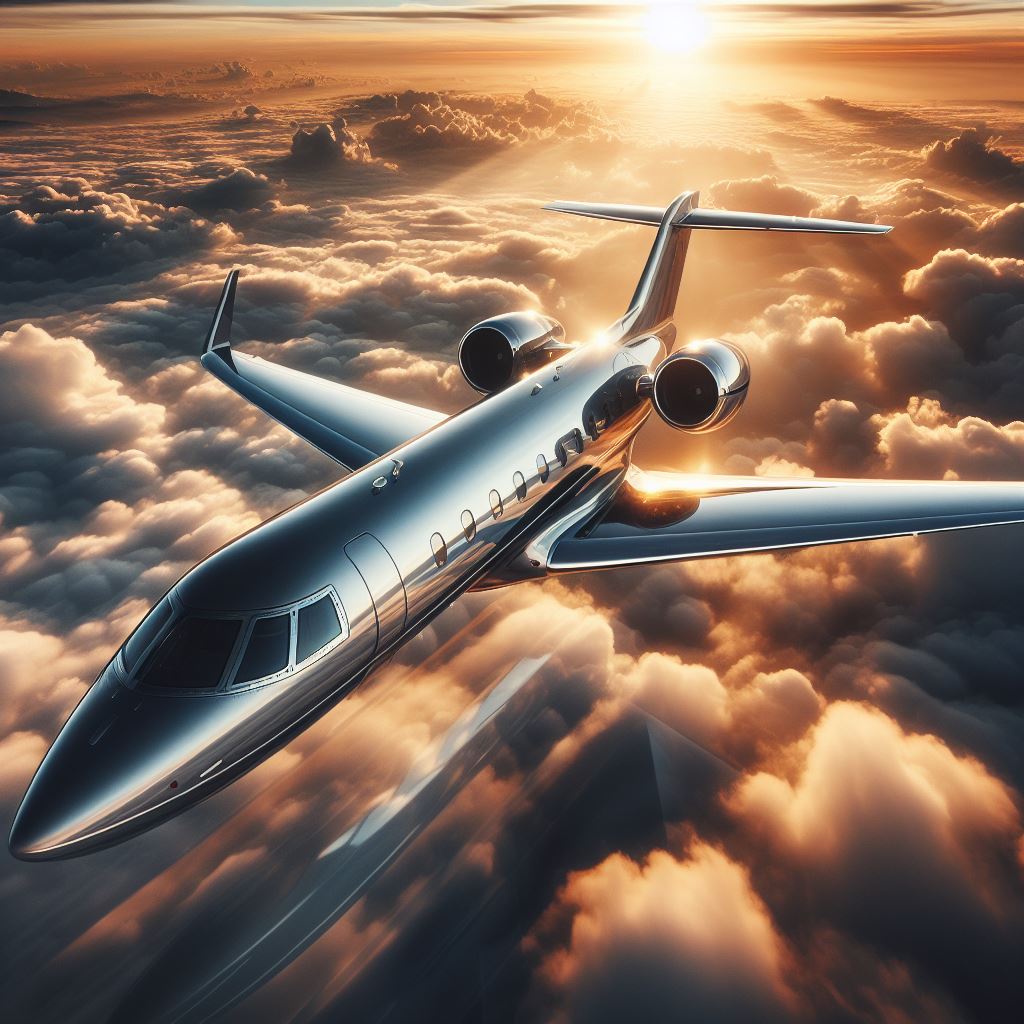
Is Chartering a Private Jet Cheaper Than Owning One?
Deciding between chartering a private jet and private jet ownership can be complex.
It’s crucial to note, chartering a jet severs the hefty upfront aircraft acquisition expenses and ongoing fixed costs such as maintenance, crew salaries, hangar fees, and insurance faced by jet owners.
Unlike ownership, charters offer payment flexibility, allowing you to pay per trip, commonly known as on-demand charter or through jet cards.
Moreover, empty legs and one-way flights offer additional opportunities for cost savings.
With no ownership duties, hassle-free service, and the flexibility to choose from a range of aircraft types including light jets, midsize jets.
Or heavy jets, chartered flights tend to tip the scales in favor of cost-efficiency, especially for those flying below 200 hours annually.
The table below shows the pros and cons of chartering a private jet compare to owning a private jet.
| Chartering a Private JetOwning a Private Jet | ||
|---|---|---|
| Pros | 1. Flexibility to choose different jet types per flight | 1. Availability always guaranteed |
| 2. No upfront costs or asset risks | 2. Customizable interiors according to owner’s preferences | |
| 3. Pricing structures can be flexible and adjustable | 3. Pride of ownership | |
| 4. Ability to take advantage of empty legs | 4. Complete control over pilots and crew | |
| 5. No need for maintenance, crew hiring, or hangar fees | 5. Can be seen as a business asset written off for tax purposes | |
| Cons | 1. Less certainty in availability | 1. Significant upfront cost and ongoing fees |
| 2. Difficulty in maintaining consistency with crew or jet | 2. Variable costs of maintenance, crew, and fuel | |
| 3. Might not have the same customization of experience | 3. Depreciation over time, reducing resale value | |
| 4. Per-hour costs can be higher in some cases | 4. Less flexibility to switch between jet classes | |
| 5. Limited control over pilots, crew, or maintenance | 5. Extensive management duties |
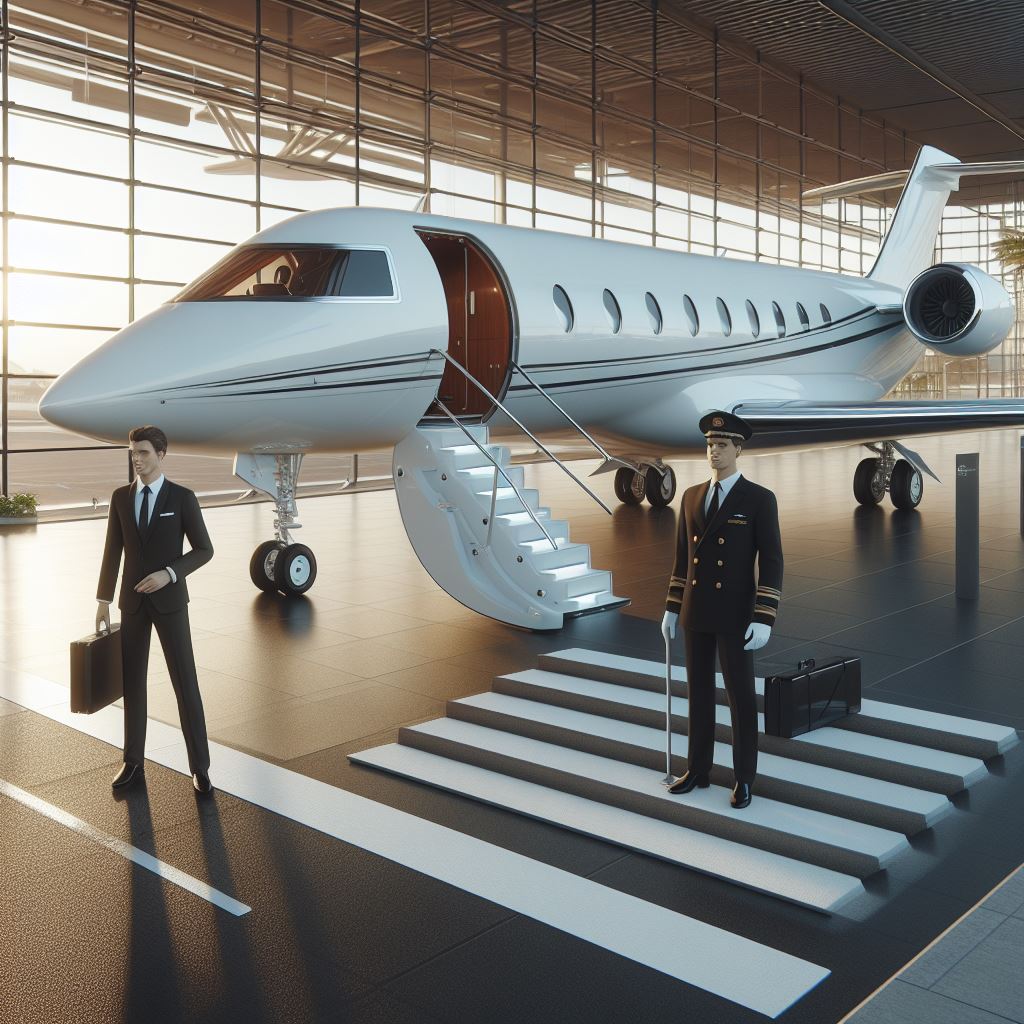
The Cost of Private Jet Ownership
Airplane Acquisition Costs
The first and most prominent cost of private jet ownership is the aircraft acquisition.
These costs can range vastly based on aircraft types, size, and age – from a few million dollars for a light jet to hundreds of millions for the latest long-range heavy jet.
Options like turboprops or second-hand midsize jets also exist for lower acquisition costs.
Financing, typically through bank loans or lease programs, allows flexibility in payment plans but can also add interest costs to your bottom-line.
Fixed Costs in Private Jet Ownership
The true costs of ownership extend beyond the upfront purchase and include several fixed costs.
As a jet owner, you bear the responsibility of maintenance fees for routine checks, unforeseen repairs, and necessary part replacements.
You also incur hangar rental fees, pay the salaries of pilots and crew members, and insurance coverage.
These costs, though often overlooked, can substantially add to the bill.
Variable Costs in Private Jet Ownership
Besides these fixed expenses, owning a jet also entails variable costs directly associated with its operation.
Each flight hour brings fuel costs, catering for passengers, landing and airport fees, and even the cost of overnight accommodation for the crew members during trips.
Depreciation and Tax Considerations
Depreciation is another significant factor affecting the long-term costs. Like any other asset, aircraft depreciates over time – its market value at the time of resale can be considerably lower than the initial purchase price.
Additionally, taxes such as personal property tax, sales or use tax, and excise tax become an integral part of the ownership process, adding to both the complexity and cost.

The World of Chartering a Private Jet
Chartering a jet is, in essence, renting it for a specific number of hours or flights. A private jet charter comes with several attractive options, each bearing its peculiar set of costs.
Understanding Charter Rates and On-Demand Charters
Charter rates include the cost of fuel, crew, and other expenses like insurance coverage and airport fees.
On-demand charters allow individuals to pay by the trip, flexibility that doesn’t require any long-term commitment.
Empty Legs, One-Way Flights, and Repositioning Flights
One factor that can impact charter rates significantly is exploiting empty legs opportunities.
Empty-leg charters refer to the return segment of a previously booked one-way flight, typically priced considerably lower than standard charters.
Similarly, one-way flights and repositioning flights can occur at reduced costs.
Jet Cards and Fractional Ownership
Jet cards offer a middle ground between full ownership and on-demand charter. Purchasing a jet card guarantees availability of an aircraft for a certain number of flight hours annually at a predetermined cost.
Meanwhile, fractional ownership involves buying a share of a plane, allowing the benefits of ownership without the full responsibility and costs.

Spot the Difference: Ownership vs. Charter
When directly comparing private jet ownership versus private jet charter, it becomes clear that the upfront costs and ongoing expenses are significantly lower for charters.
Ownership demands a large sum upfront, while charter allows for pay-per-use or even pay-as-you-go schemes with no asset risk.
Case Study: Real World Scenario
In a case study conducted by SherpaReport, they compared the costs of owning a 2009 Embraer Phenom 100 to chartering a similar aircraft.
They found that an average usage of 100-150 flight hours per year would cost an owner over $1.1million in the first year of ownership, whereas chartering for the same duration would be around $600,000.
Despite the luxury of owning a private jet, chartering seems to make more financial sense for those who fly fewer than 200 hours annually.
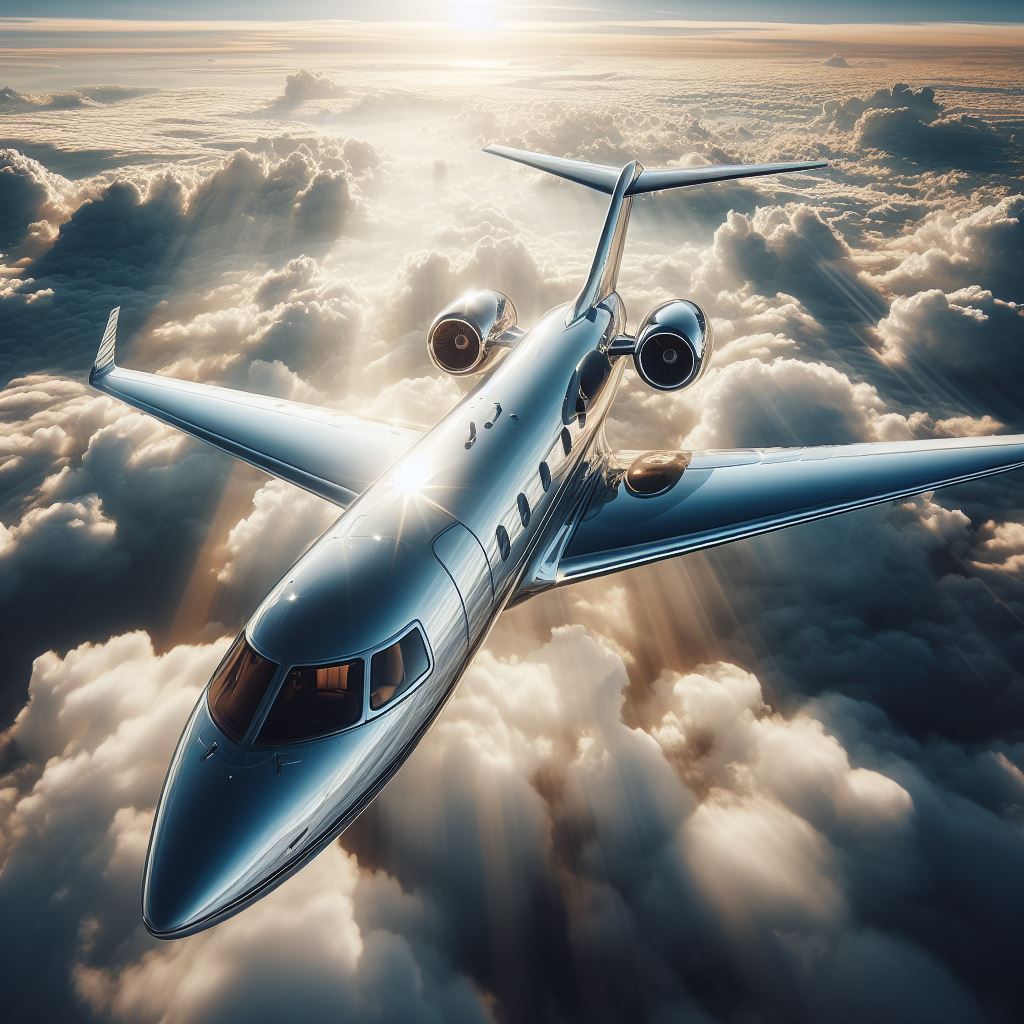
Understanding the Types of Jets and Their Costs
From light jets to heavy jets, and helicopter charters, each aircraft has a specific performance characteristic, operational range, and therefore, a different cost associated. Usually, the larger the aircraft, the higher the costs.
Hence, when chartering, you have the flexibility to choose the most cost-effective aircraft type suitable for your trip, something ownership doesn’t always afford.
Tailoring your Flying Experience
In addition to cost-effectiveness, chartering can provide a deluxe custom experience. Whether you want a high-speed internet connection to work or exclusive gourmet catering.
Your charter operator can go far and beyond to meet your individual needs, allowing a personalized, hassle-free travel experience.
The table below shows flying experience of private jet charter compare to flying your own.
| Chartering a Private Jet | Owning a Private Jet | |
|---|---|---|
| Onboard Amenities | Depending on airline and aircraft type, may offer access to WiFi, satellite phone, entertainment system, gourmet catering, and fully equipped bedroom/bathroom. | Can be custom tailored to the owner’s preferences, including specific brands of luxury items and personalized interiors. |
| Privacy Level | High: Only people you invite as passengers are allowed onboard. | Very High: Complete control over everyone on the plane. |
| Flight Planning | You have to plan each flight on a case-by-case basis. | Can have a dedicated aviation management team to handle all flight planning. |
| In-flight Attendants | Depending on the policy of the charter company, there might be cabin crew available. | The owner can hire a full-time cabin crew if desired, leading to familiar faces and personalized service. |
| Jet Type and Size Flexibility | High: You can choose a jet that fits precisely each of your flights’ needs | Lower: You’re mostly stuck with what your jet can offer. If your needs change, you might need to buy a new jet. |
| Departure and Arrival Time Flexibility | High: You can typically pick any time you want and even change your mind later. | Extreme: As you own the jet, you have total control over its schedule. |
| Global Access & Range | Dependent on the airline’s network and fleet logistics. | Dependent on the purchased plane’s specifications. |
| Chauffeur Service / Transportation | May be available depending on the charter company’s services. | Can be custom planned by the owner or aircraft manager. |
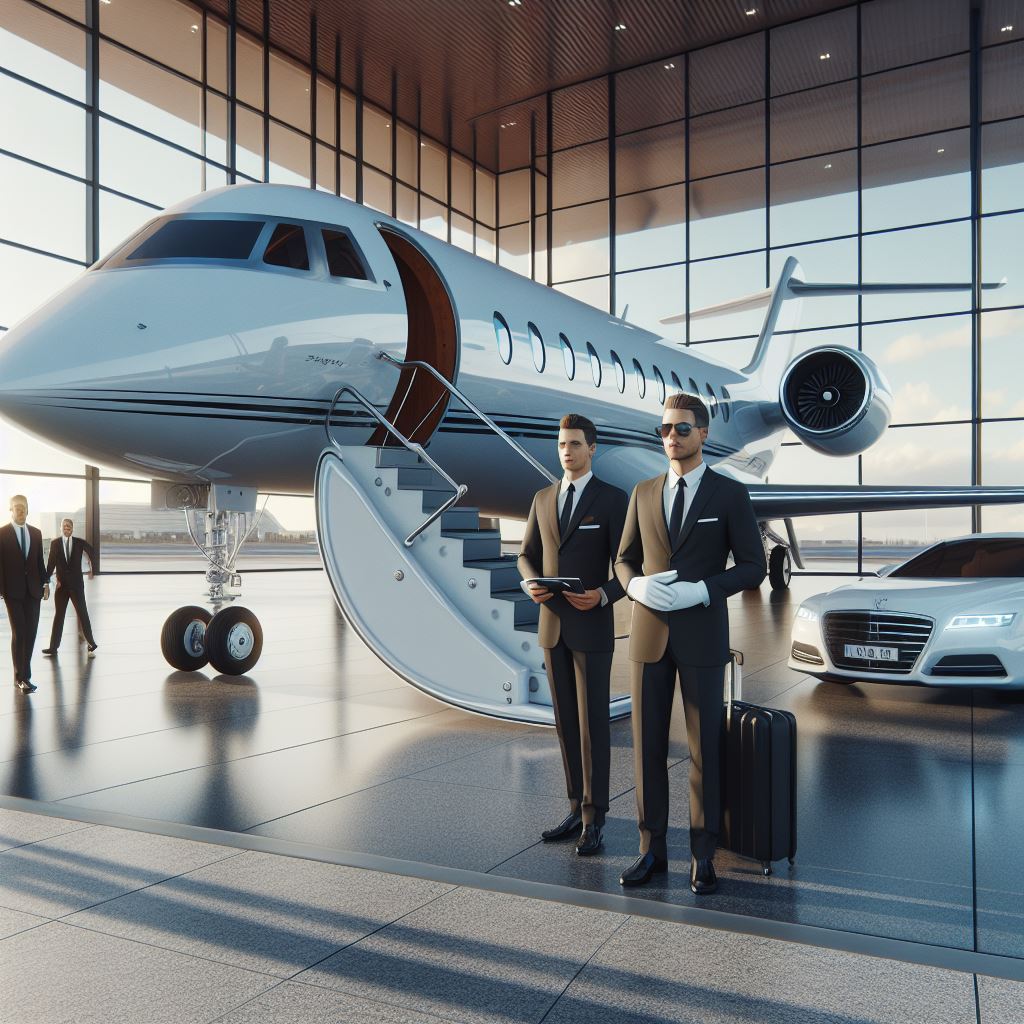
Safety, Regulations, and Reliability
Regardless of the method chosen, safety mustn’t be compromised. Both in the case of private jet ownership and charters, regulations ensure safety.
Private jet companies have to comply with FAA regulations, ensuring the jet’s reliability and safety.
While owners hold the responsibility of the jet’s maintenance, charter companies hold this responsibility in charters.
| Chartering a Private Jet | Owning a Private Jet | |
|---|---|---|
| Safety Standards | Must adhere to safety regulations specified by the operator and aviation authorities. Random checks ensure adherence. | Owner dictates the safety standards but must meet minimum FAA regulations. |
| Regulatory Compliance | Operator bears the responsibility of complying with all aviation regulations. | Owner or designated aircraft manager is responsible for ensuring all compliance with aviation regulations. |
| Maintenance & Inspections | Mandated by the charter company, typically following a strict maintenance schedule. | Owner is responsible for maintaining airworthiness, including routine checks and repairs. |
| Crew Training & Expertise | Crew is usually highly trained and experienced, hired by the charter company. | Owner can pick and choose pilots, but it is their responsibility to ensure all pilots are trained and competent. |
| Reliability | Dependent on the charter company. Certain companies have a reputation for excellent reliability due their large fleet size and extensive network. | Largely dependable on quality of maintenance and service schedules of the aircraft. |

Conclusion
The question remains: is chartering a private jet cheaper than owning one? The answer, seemingly, leans towards a yes, especially for flyers with less than 200 hours per year.
With chartering a private jet, you have the flexibility, hassle-free nature, zero ownership duties, and a wide array of choices, all without any hefty upfront costs or significant asset risks.
From this viewpoint, we can conclude that chartering is a more economical and convenient option for many.
The sky’s the limit, but your options don’t have to be. Understanding the true costs and benefits between private jet ownership and charter is crucial.
So next time, before you aim for the skies, ensure you’ve evaluated all your options and made a financially sound decision.
Other related articles
- Is Chartering a Private Jet Cheaper Than Owning One?
- Private Jet Maintenance | How Often Is Maintenance Required?
- Private Jet Charter Seattle: The Ultimate Guide to Luxury Air Travel
- Embraer Legacy 500 | Long Range Flyer
- Private Jet Maintenance | How Often Is Maintenance Required?
- Can You Smoke On A Private Jet? | Unveiling the Luxury

Joseph Benson the CEO of Aircraft Place, welcome to your number one sources for all things aircraft. Always looking forward to better aviation with design, simplicity and effortless.
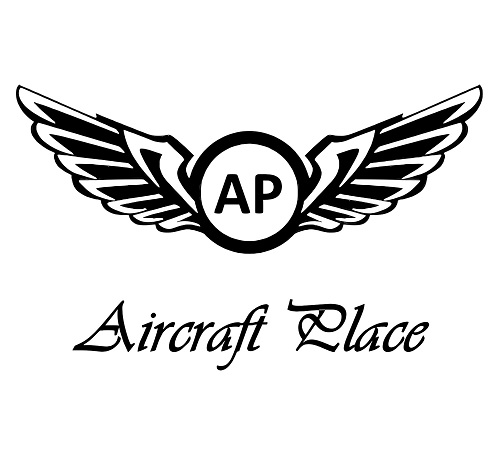


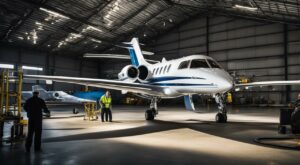

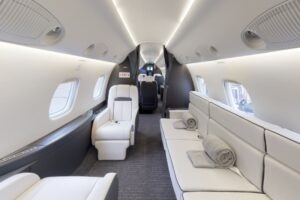
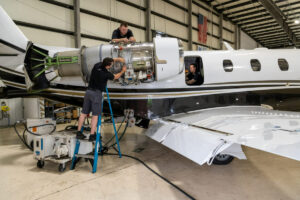


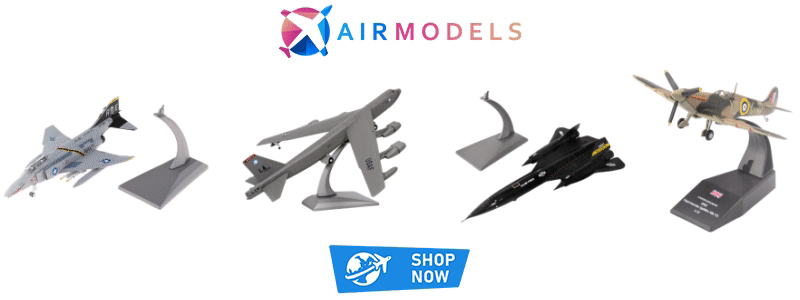
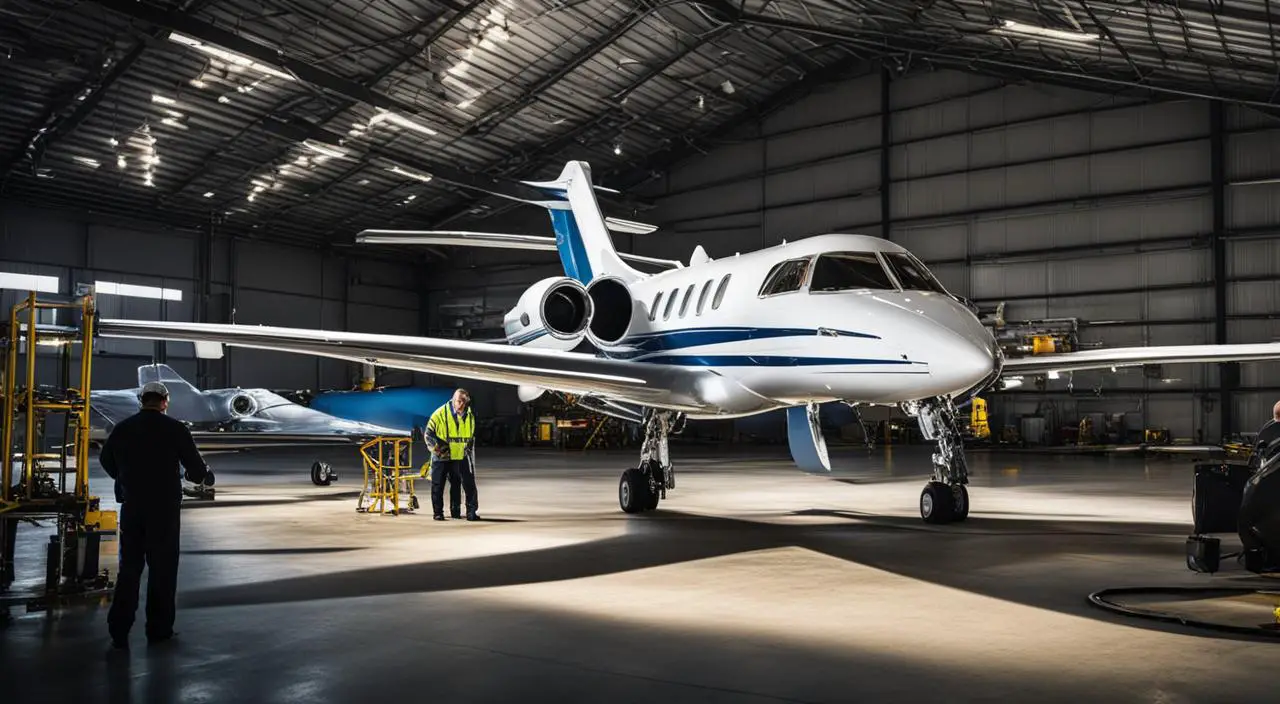
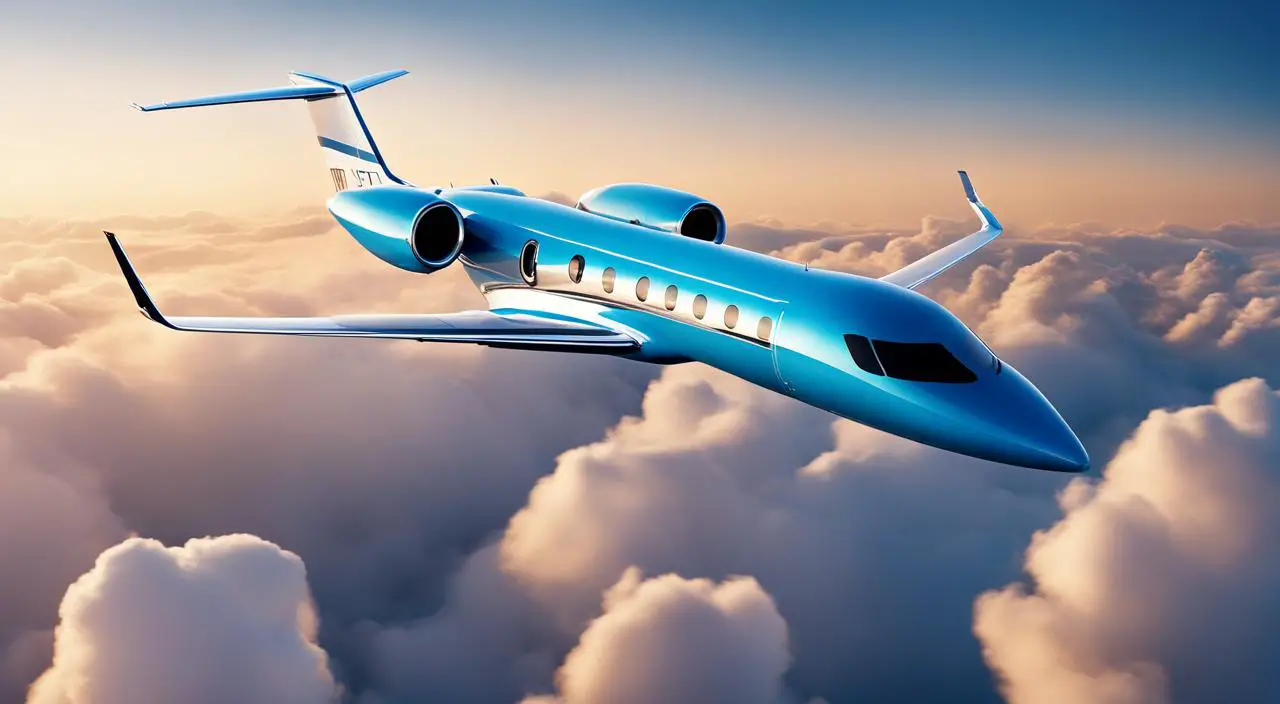
Leave a Reply